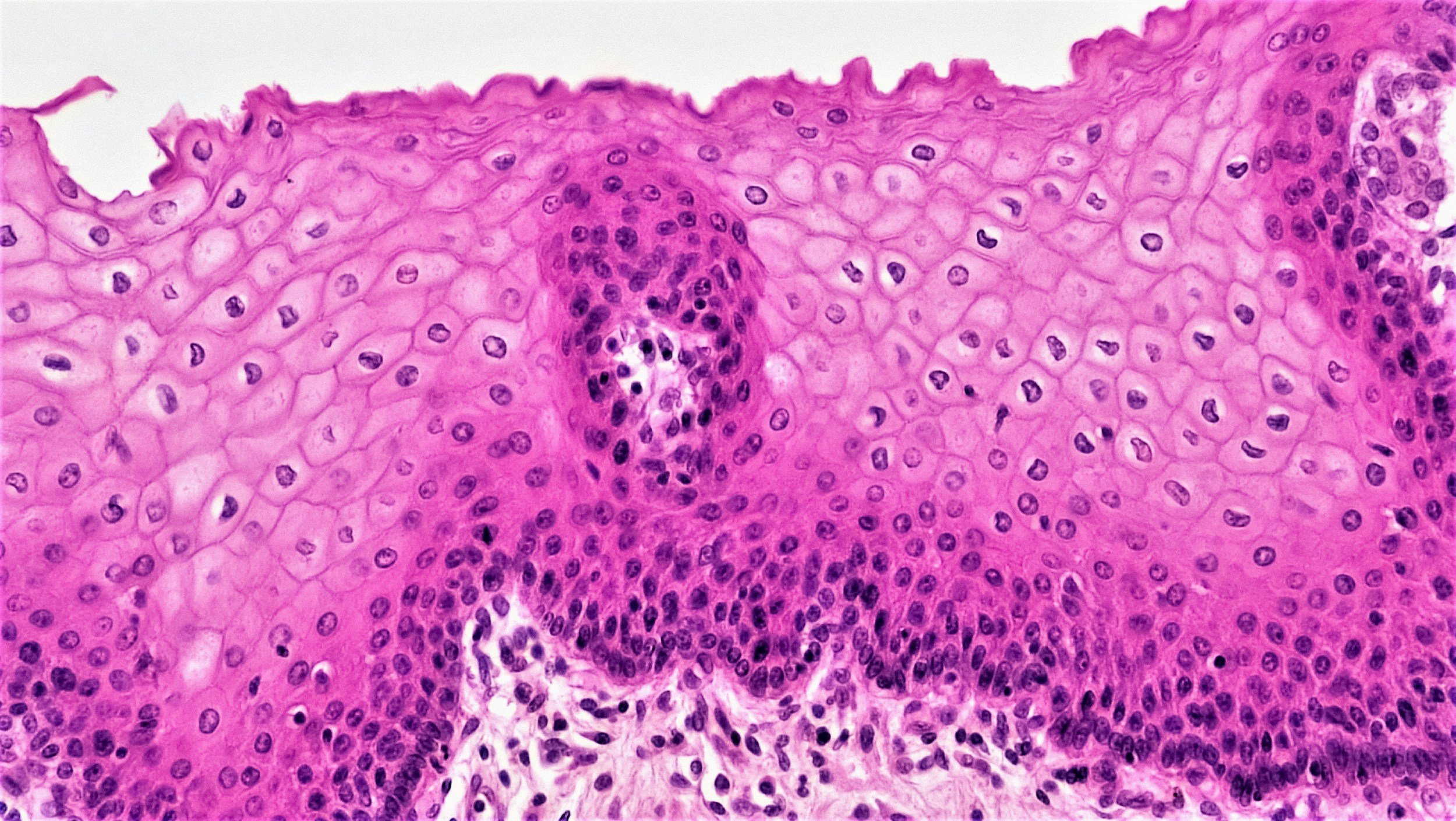
Functional Genomics
What is Functional Genomics?
Functional genomics is the study of gene function and interaction at a systems level, with the goal of understanding how genomic information translates into biological activity and phenotype. Unlike traditional genetics, which often focuses on single genes in isolation, functional genomics leverages high-throughput technologies and computational tools to map complex gene networks and their responses to perturbations.
At Atlas Biotech, we harness functional genomics to power target discovery, drug mechanism elucidation, and biomarker identification, enabling faster and more precise therapeutic development.
Applications in Precision Medicine
Functional genomics is transforming oncology, immunology, and rare disease research by providing context-specific gene-function maps. Key applications include:
-
Target Validation
Genome-wide CRISPR screens help identify and validate new druggable targets based on cellular dependencies.

-
Resistance Mechanism Discovery
Functional profiling reveals pathways and mutations that confer resistance to small molecule or biologic therapies.

-
Companion Diagnostic Development
By linking genotype to drug response, functional genomics supports the development of biomarkers that guide patient selection.

Commercial Value and Differentiation
Functional genomics offers a scalable, data-rich, and hypothesis-free approach to drug discovery. For biopharmaceutical companies, it:
Accelerates lead prioritization and de-risking of drug candidates
Improves success rates by ensuring mechanism-based target engagement
Enables precision therapeutic strategies through patient stratification
At Atlas Biotech, we combine proprietary functional genomics workflows with expert data science and automation to deliver actionable insights across the drug development pipeline.

Next up:

